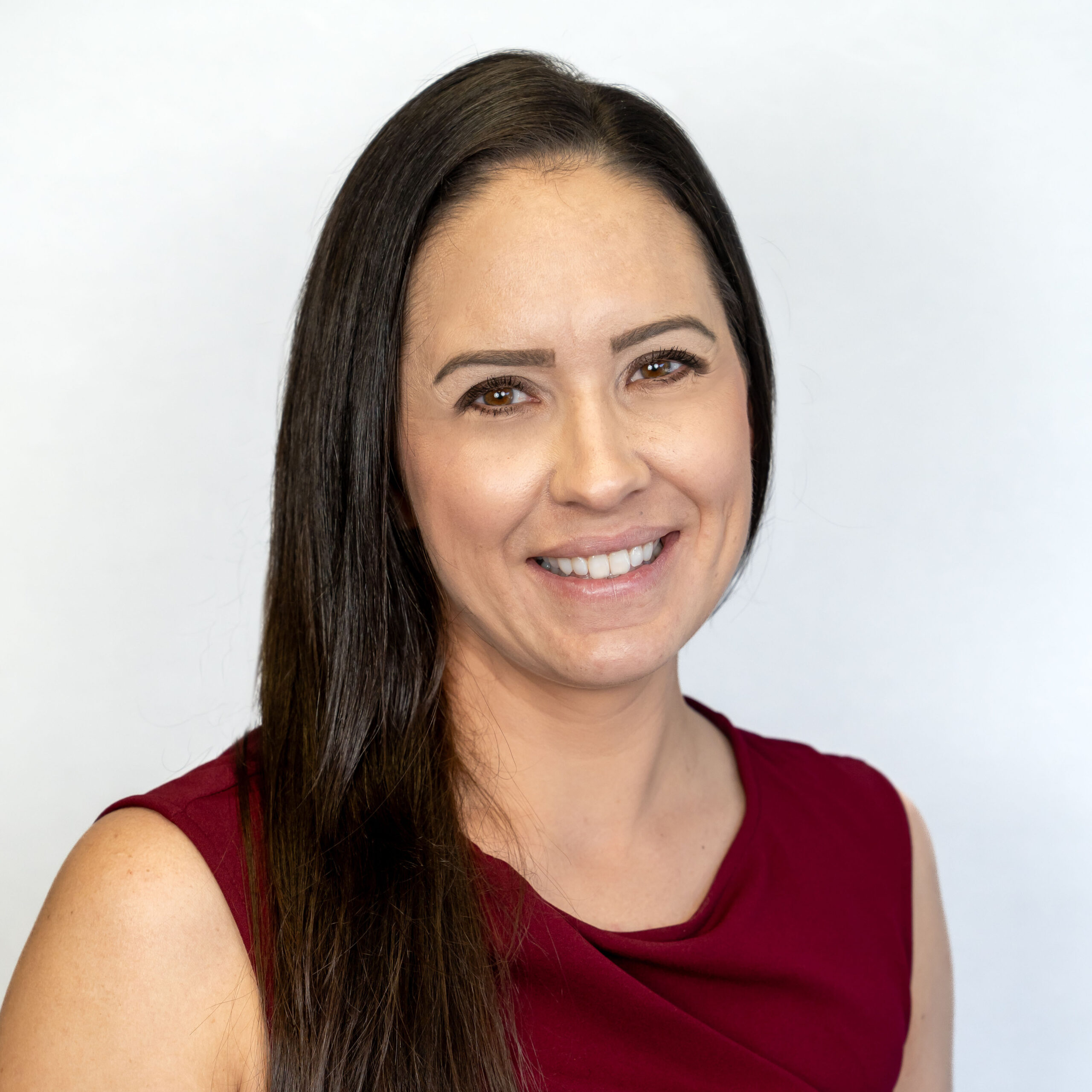The Hidden Risks of Dietary Supplements: A Primary Care Perspective

In an age where social media has become a powerful tool for information sharing, it’s no surprise that dietary supplements have gained immense popularity. Influencers and fitness enthusiasts often tout the benefits of these products, promising everything from weight loss to improved energy levels. However, it’s crucial to approach dietary supplements with caution, as their safety and efficacy are not always guaranteed.
At Brevard Health Alliance, we believe in empowering our patients with accurate information to make informed health decisions. Here’s what you should know about dietary supplements before you buy.
The Appeal and Risks of Dietary Supplements
Dietary supplements are designed to complement your diet, offering nutrients that may be missing from the food you eat. They come in various forms like pills, powers, gels and liquids and they may be called many things like “vitamins,” “minerals,” “herbs,” “amino acids,” and “enzymes.” While some supplements can be beneficial, especially for individuals with specific deficiencies, they are not without risks.
One of the primary concerns with dietary supplements is that they are not as rigorously regulated as prescription medications. The U.S. Food and Drug Administration (FDA) oversees dietary supplements, but the regulations are less stringent than those for pharmaceutical drugs. This means that supplements can be marketed and sold without being proven safe or effective. According to the FDA, it is the responsibility of the manufacturers to ensure their products are safe before they reach consumers. This system of self-regulation can lead to safety issues because, without external oversight, companies may not be motivated to report issues or disclose problems that could slow getting their products to market.
For instance, some supplements may contain ingredients that are not listed on the label, or they may interact negatively with prescription medications. Additionally, high doses of certain supplements can be harmful, leading to potential health complications such as liver damage or increased risk of bleeding.
The Role of Social Media Influencers
 Social media influencers have become key players in the promotion of dietary supplements. With millions of followers, these influencers have the power to shape public perceptions and behaviors. While some influencers may provide accurate and helpful information, others may promote products without fully understanding their potential risks.
Social media influencers have become key players in the promotion of dietary supplements. With millions of followers, these influencers have the power to shape public perceptions and behaviors. While some influencers may provide accurate and helpful information, others may promote products without fully understanding their potential risks.
A study published in the Journal of Ethics of the American Medical Association (AMA) highlights the ethical concerns surrounding the promotion of dietary supplements by influencers. The study argues that while influencers can play a role in raising awareness about health and wellness in way that promotes positive health outcomes, they should be held to higher standards of accountability. Since influencers do not operate under the same standard of ethics as journalists or medical professionals, they can promote misleading or inaccurate information to millions of people, which can have serious consequences for public health.
The rise of social media as a platform for health information sharing has also made it difficult for consumers to differentiate between credible sources and those driven by profit. It’s essential to remember that just because a product is popular on social media doesn’t mean it’s safe or effective.
What You Can Do to Stay Safe
Given the potential risks associated with dietary supplements, it’s important to take steps to protect yourself and make informed choices. Here are some tips from our primary care experts:
- Consult with Your Healthcare Provider: Before starting any dietary supplement, talk to your physician. They can help you determine whether a supplement is necessary and whether it may interact with any medications you are currently taking.
- Do Your Research: Look for reputable sources of information about dietary supplements. Websites like the FDA’s official site provide accurate and up-to-date information about the safety and efficacy of various supplements.
- Remember that Social Media Influencers are Advertisers: Be skeptical of bold claims and remember that influencers may be financially motivated to promote certain products. Testimonials from people online who have had success with a product are not a replacement for medical advice from a physician who knows your medical history.
- Check for Third-Party Testing: Some supplements undergo third-party testing to verify their contents and purity. Look for products that have been tested by reputable organizations, such as the U.S. Pharmacopeia (USP) or NSF International.
- Read Labels Carefully: Always check the label for a list of ingredients, dosage instructions, and any potential warnings. Avoid products that make grandiose claims like “cures all” or “guaranteed results.”
- Be Wary of Exaggerated Claims: Statements like “What your doctor doesn’t want you to know” are designed to grab attention and may be red flags. Remember, your physician’s priority is your health, and credible sources should encourage you to consult with your doctor, not undermine your trust in them.
Dietary supplements can play a role in maintaining health, but they must be used with caution. The lack of strict regulation and the influence of social media can make it challenging to navigate the world of supplements safely. At BHA, we prioritize your well-being and encourage you to consult with your primary care provider before adding any new supplements to your routine.
And remember, we’re here for you as a medical home and have board-certified primary care providers that can help support you. Together, we can ensure that your journey to wellness is informed and safe. Call or text us at 321.241.6800 to get started.


















































































































































